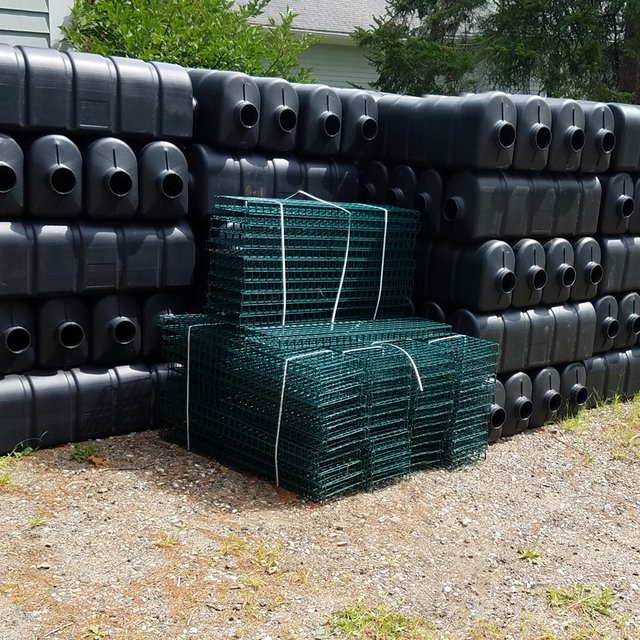Visit Upcoming Aquaculture Public Meetings, Hearings, and Scoping Sessions
Resources Database
Popular Searches

Results
-
-
Visit Maine Aquaculture Harvest, Lease, and License (LPA) Data
-
-
Visit Refuting Marine Aquaculture Myths, Unfounded Criticisms and Assumptions
-
Visit Mussel Aquaculture in the Northeast
-
-
-
Visit Disinfection for used shellfish equipment
-
Visit Biosecurity on the Farm - Guidelines & Resources for Developing a Biosecurity Plan
-
Visit Best Management Practices for the East Coast Shellfish Aquaculture Industry
-
Visit Best Practices for the East Coast Shellfish Aquaculture Industry
-
-
Visit Biofouling Prevention and Management in the Marine Aquaculture Industry
Biofouling Prevention and Management in the Marine Aquaculture Industry
This report addresses biofouling management in relation to marine aquaculture industry operations, equipment and infrastructure. It covers shellfish, finfish and seaweed operations in estuaries and seawater. It does not address freshwater aquaculture activities.2022UNESCO Intergovernmental Oceanographic Commission
-
![Equipment used for oyster aquaculture is stacked neatly in a driveway.]()
-
Visit Social License to Operate in the Aquaculture Industry: A Community-Focused Framework
-
-
Visit Farming the Sea: The Men and Women of Maine Aquaculture
-
Visit How a High Tech Mussel Farm Harvests 7,000 Pounds of Mussels per Day
-
Visit Optimizing Production and Products for Scallop Aquaculture
-
-
![]()
-
Visit Biofouling in Shellfish Aquaculture
-
-
![]()


